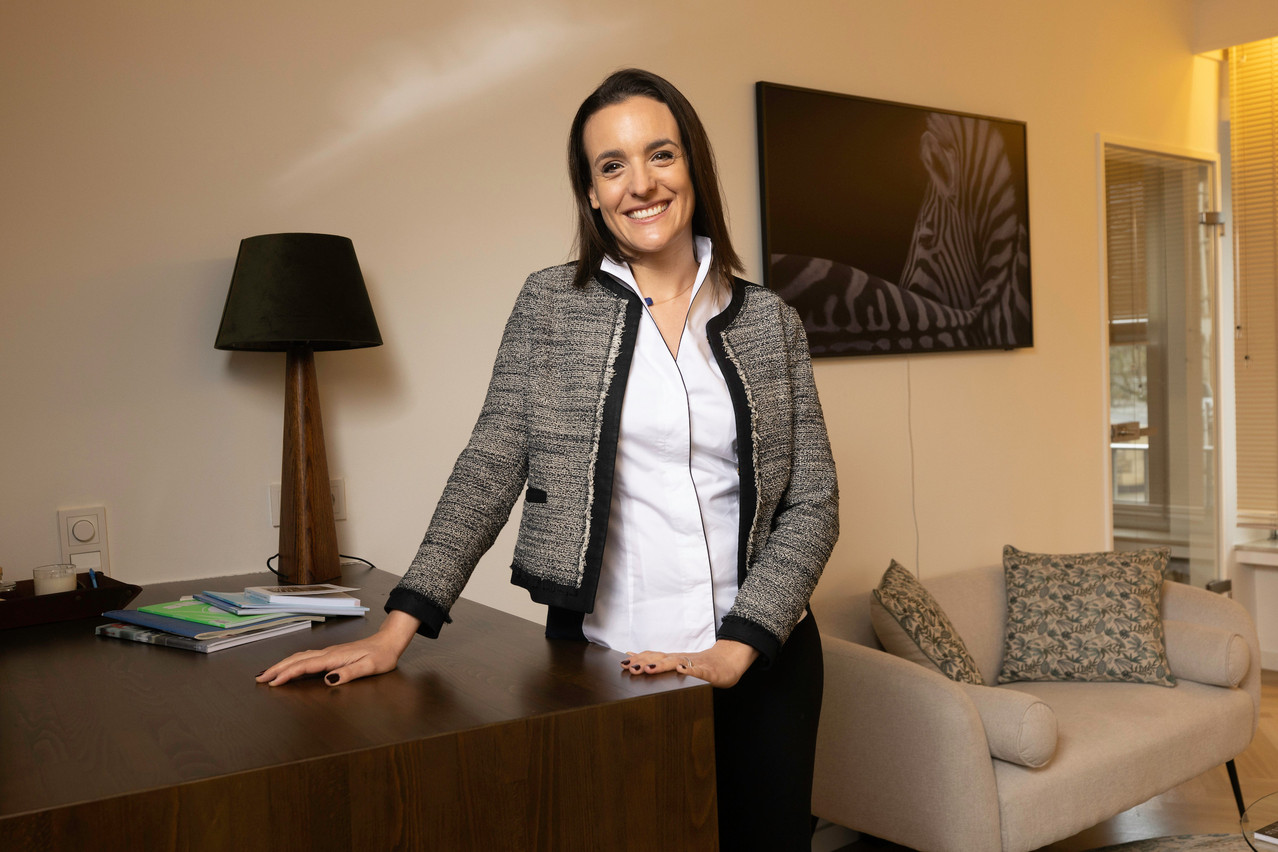Delano: What blockchain/crypto trends are defining Luxembourg’s business environment?
Biba Homsy: Some of the key trends include [the following]. First, security tokens: digital tokens that represent ownership of an asset, such as stocks. Luxembourg has established a legal framework for security tokens, making it more and more a popular location for security token offerings.
Second, digital identity: solutions that use blockchain technology to securely store and manage personal identity information. Luxembourg is exploring the potential of blockchain-based digital identity systems to improve data privacy and security.
Third, carbon credits: tradable certificates that represent the right to emit a certain amount of carbon dioxide or other greenhouse gases. Luxembourg is known for its commitment to sustainability and green energy, and this trend is reflected in the country's blockchain and crypto space. Several projects are focused on using blockchain to promote sustainable energy practices and reduce carbon emissions.
As more institutional investors enter the crypto space, there is a growing demand for secure custody solutions for digital assets. With its VASP [Virtual Asset Service Providers] registration, and MiCA [EU-level regulation on markets in crypto-assets] coming this way, Luxembourg has become a hub for digital asset custody services, with several major players choosing the country as their European headquarters.
What investments might Luxembourg financial firms make?
There is a significant opportunity for financial institutions to provide various products and services related to crypto-assets. For instance we recently heard that a new crypto custodian has announced the registration of its Irish unit with Luxembourg financial regulator. This move comes as Luxembourg and the EU are taking steps forward in the realm of blockchain and distributed ledger technology (DLT).
In order to facilitate the issuance, trading and post-trading of many financial instruments, the EU has introduced the DLT Pilot Regime through Regulation (EU) 2022/858 of 30 May 2022. This regime applies to all financial instruments that are issued, recorded, transferred and stored using blockchain or DLT technology, with some limitations. Luxembourg’s legislature is also preparing for the implementation of the DLT Pilot Regime by amending relevant local laws.
What obstacles are there?
One of the main challenges facing Luxembourg in the development of crypto assets is regulatory uncertainty within Europe, which MiCA and the DLT Pilot Regime aim at harmonising. While Luxembourg has made a lot of progress in creating a legal framework for crypto assets, there is still a lack of clarity and consistency in regulations across the EU different jurisdictions at the moment, which may sometimes create uncertainty and hinder investment.
Additionally, there is also a need to build trust and confidence in crypto assets among investors and the general public. There have been instances of fraud and scams involving crypto assets, which can damage the reputation of the industry as a whole. In my opinion, building trust and confidence is only a matter of time, steady initiatives and a resilient regulatory framework.
What does the future hold?
In terms of where we are heading, I see a potential of convergence of several technologies, such as crypto-assets, web3, metaverse and AI where they have the potential to create a new digital landscape that is more decentralised, user-centric and automated.
One example of how these technologies could converge is through the development of AI-powered metaverse assistants, which could help users navigate and interact with the virtual environments of the metaverse. These assistants could be powered by decentralised AI networks that are built on blockchain technology, providing users with greater control over their data and digital identities.
